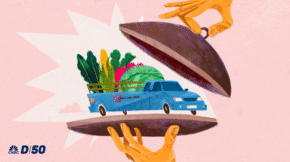Reducing Our Carbon Footprint – Buying Local and Seasonal
[shareaholic app="share_buttons" id="27983777"]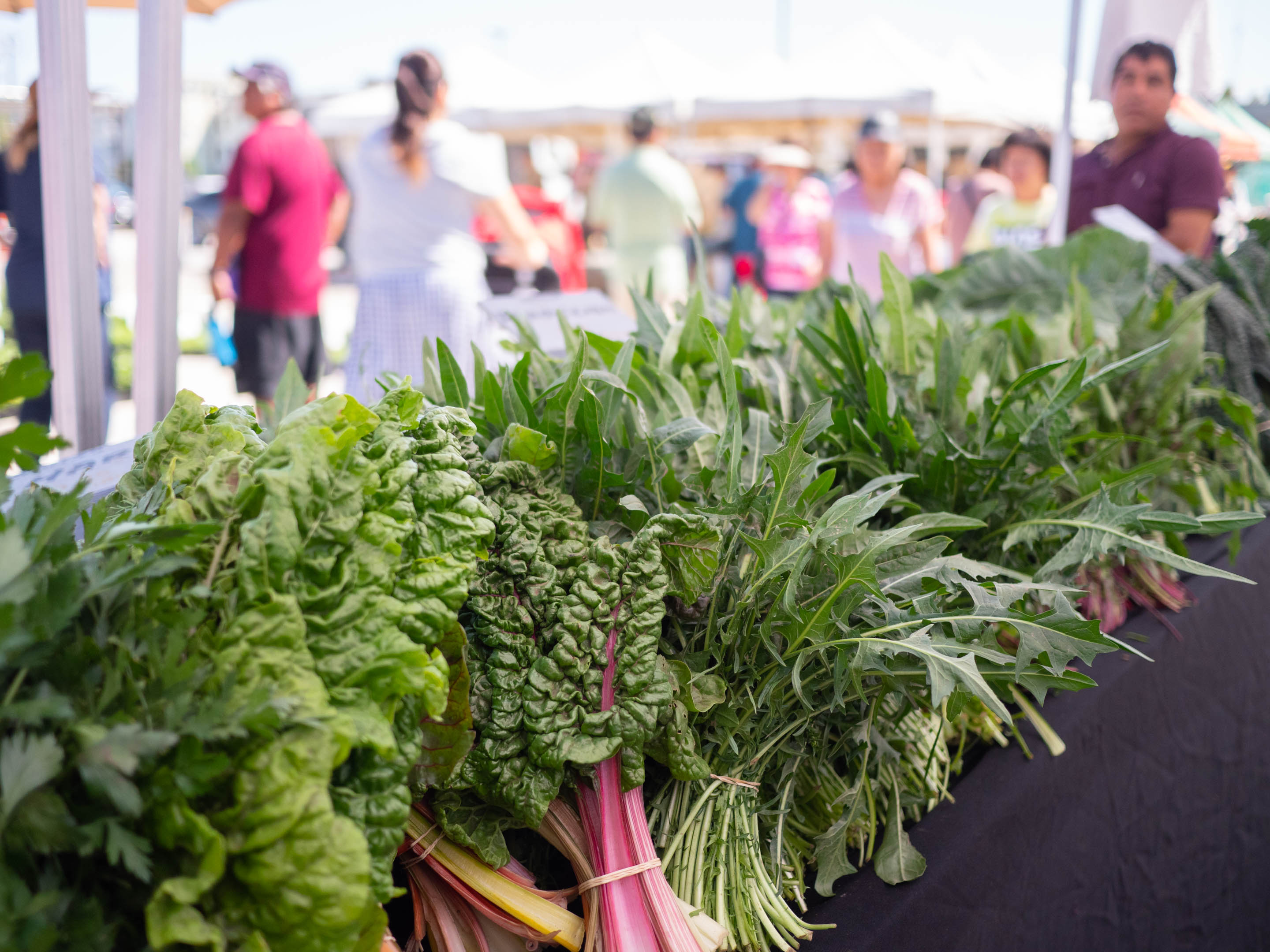
We love food and eating but have you ever considered how all that food is affecting your carbon footprint? Sourcing from local farmers and artisans is not only tastier and healthier than commercial food, but it’s also better for the environment.
EATING LOCAL
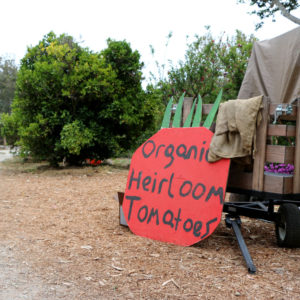
When we talk about the carbon footprint of food, one important aspect that should be considered is the distance, or “food miles” that the food travels. Shipping, whether across the skies, seas, or land, uses a lot of fossil fuels and pollutes our air and water. As the transport can take a long time over long distances, typically the food is sent in very large quantities which is needed to be stored for long periods, which leads to more electricity being used, CO2 being created, and the quality of produce decreasing drastically.
Here are GrubMarket, instead of driving each order to every customer (like some other online ‘insta’ deliveries), we create deliberate delivery days, zones, and routes to hit every customer in a more environmentally conscious way. It may take a little extra time, but this drastically reduces the amount of fuel, pollution, and cars on the road.
EATING SEASONALLY
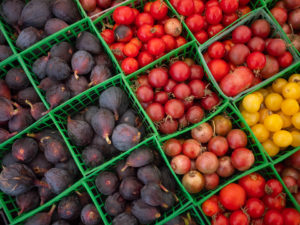
Eating food out of season also increases your carbon footprint so it is important to eat seasonally alongside eating local. Growing food in a non-native climate may require a hothouse, which also uses power, or a lot of fertilizer which produces CO2e gasses. Eating seasonally also decreases the demand for out-of-season items to be shipped in from far distances,
TEEN CLIMATE ACTIVIST GRETA THUNBERG
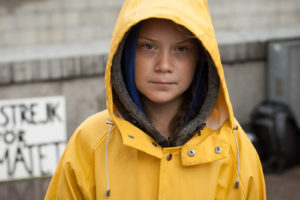
Greta Thunberg – Photo by Anders Hellberg for International Policy Digest
Greta Thunberg, a 16-year-old Swedish climate activist, completed a two-week journey sailing across the Atlantic Ocean on an emission-free racing yacht to avoid greenhouse gas emissions with flying on a commercial jet while traveling to attend the United Nations Climate Action Summit. Her courageous feat has drawn attention to greenhouse gas emissions caused by air travel as well as challenging people to consider their carbon footprint.


